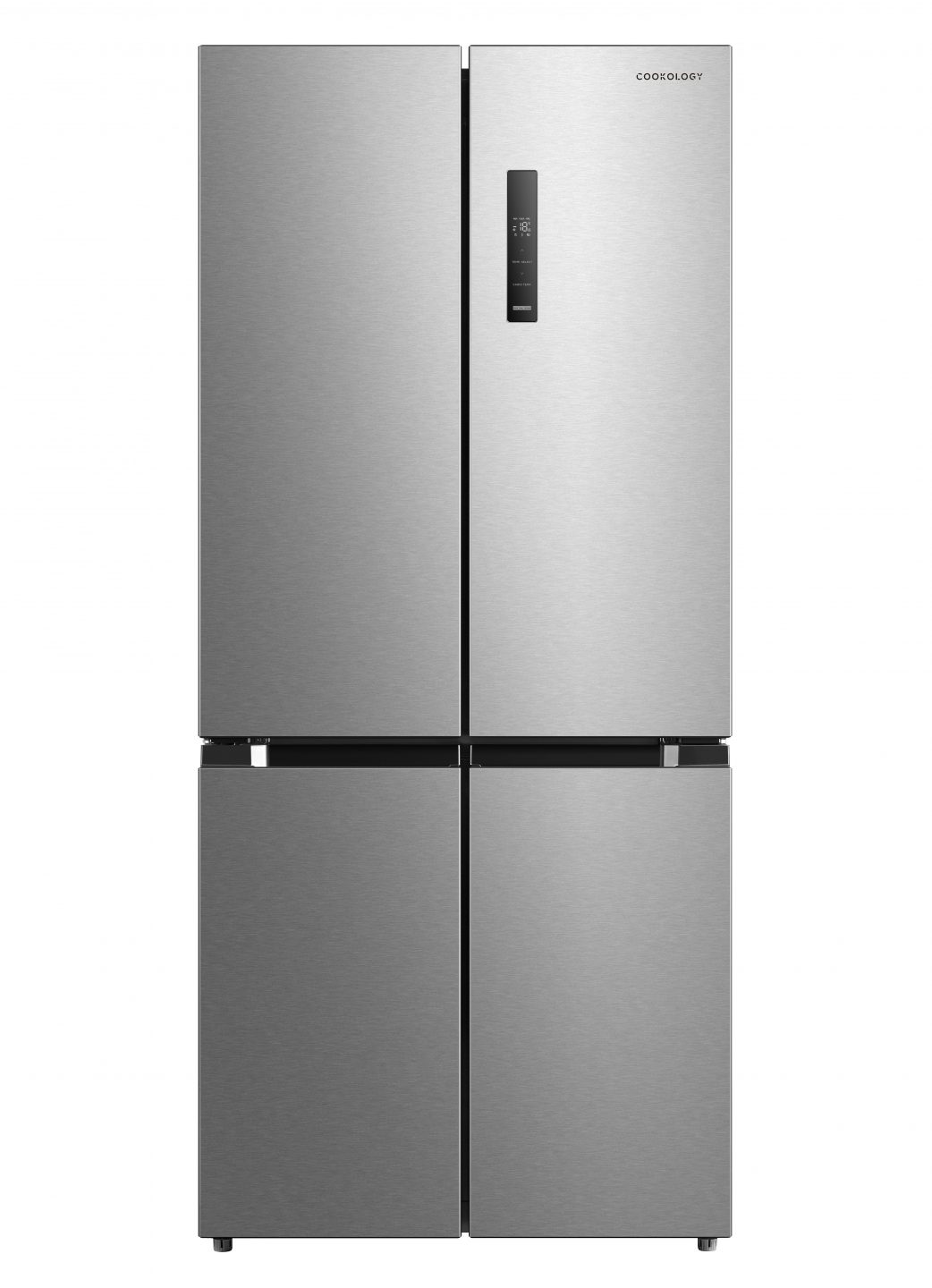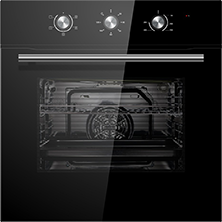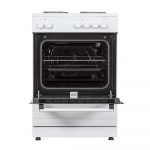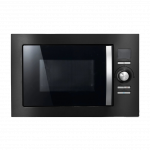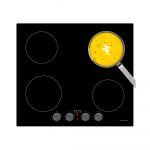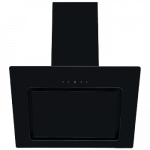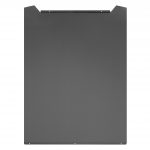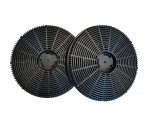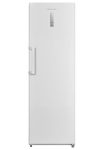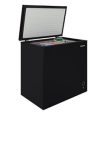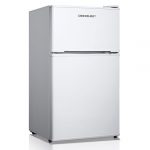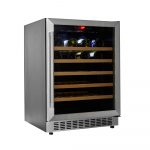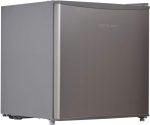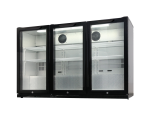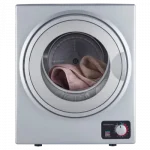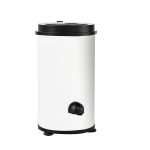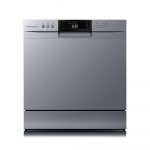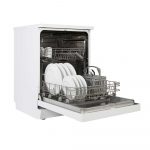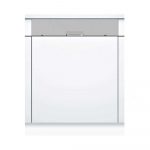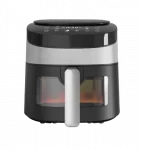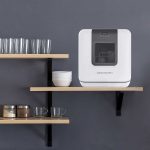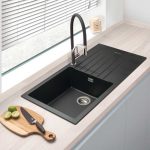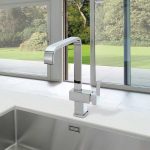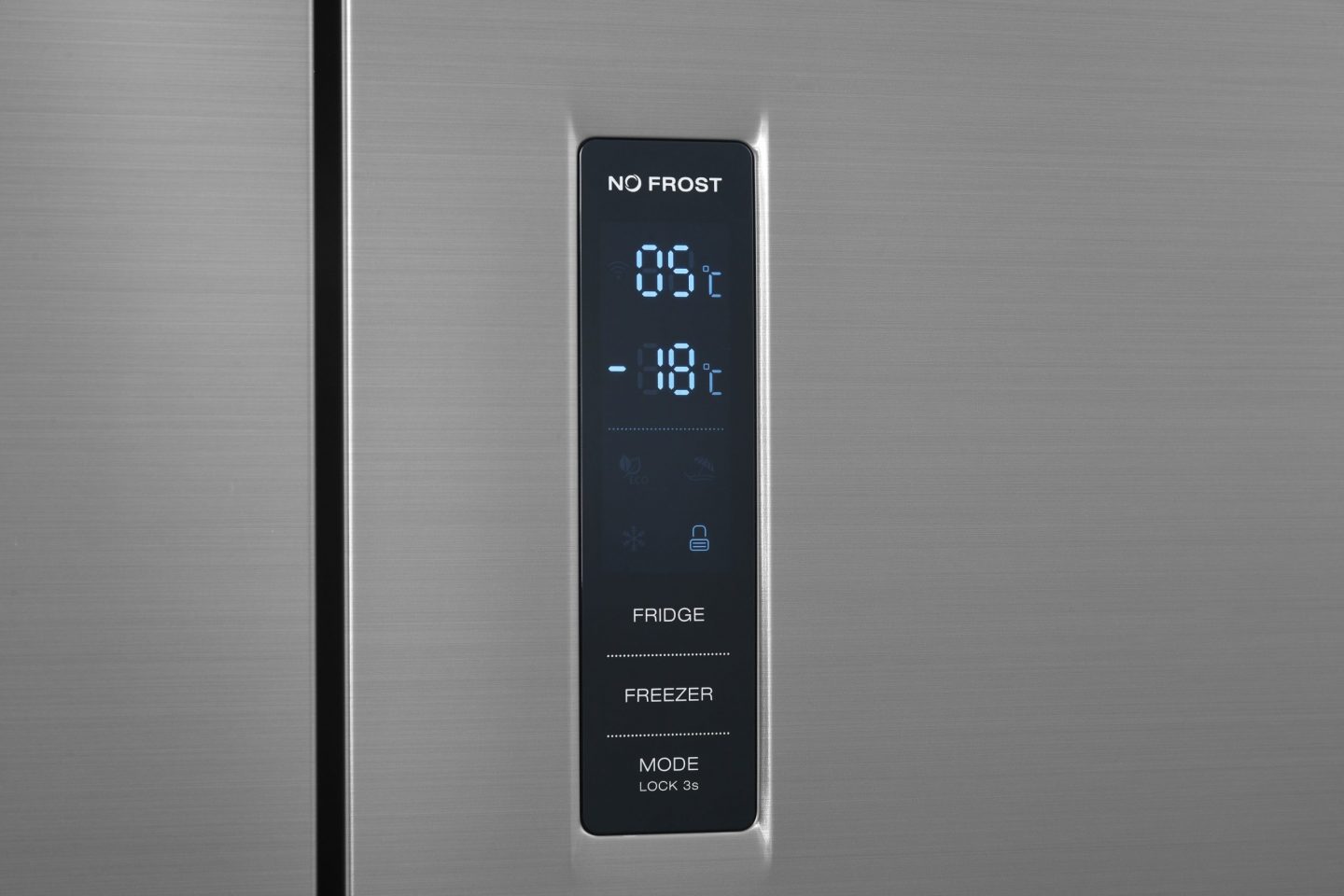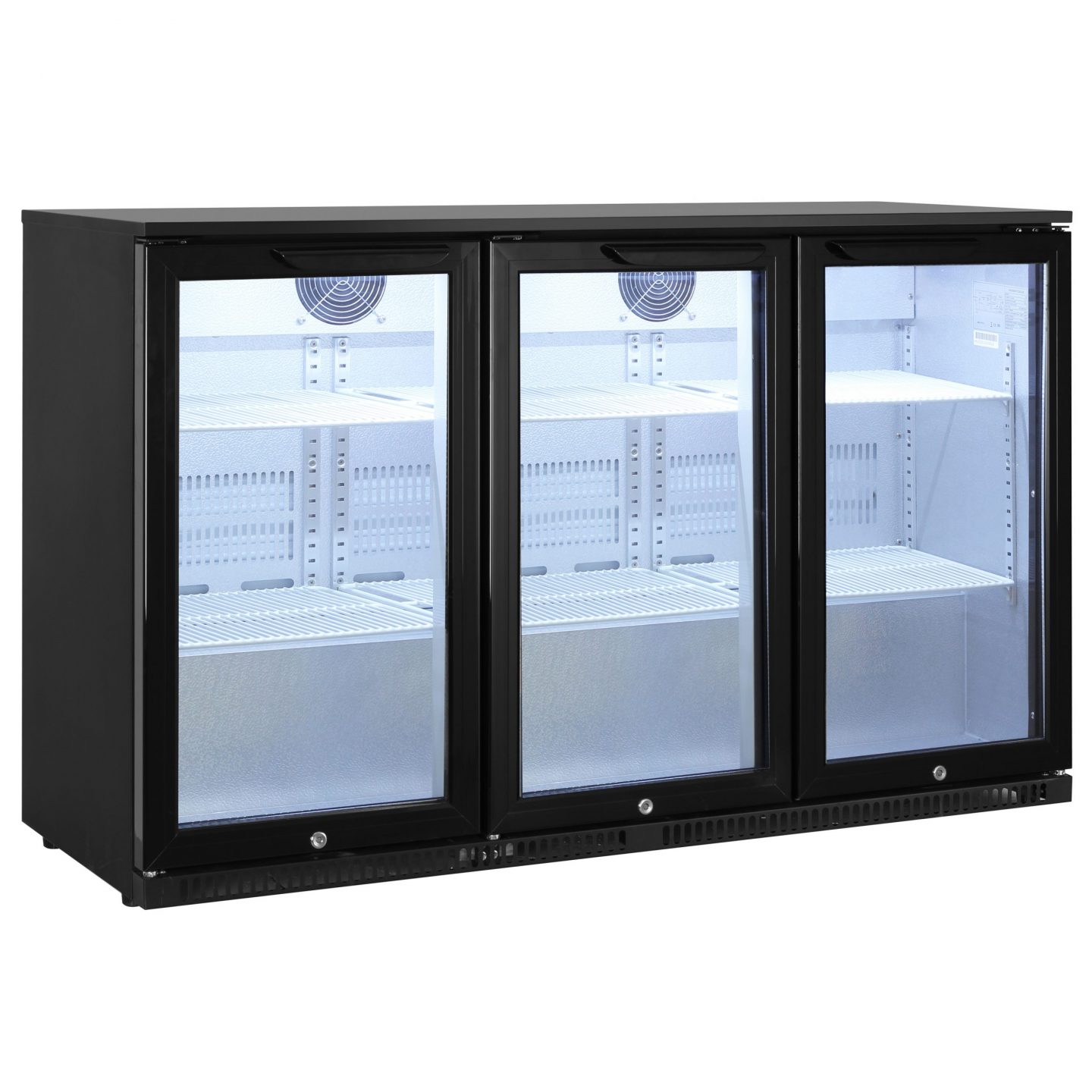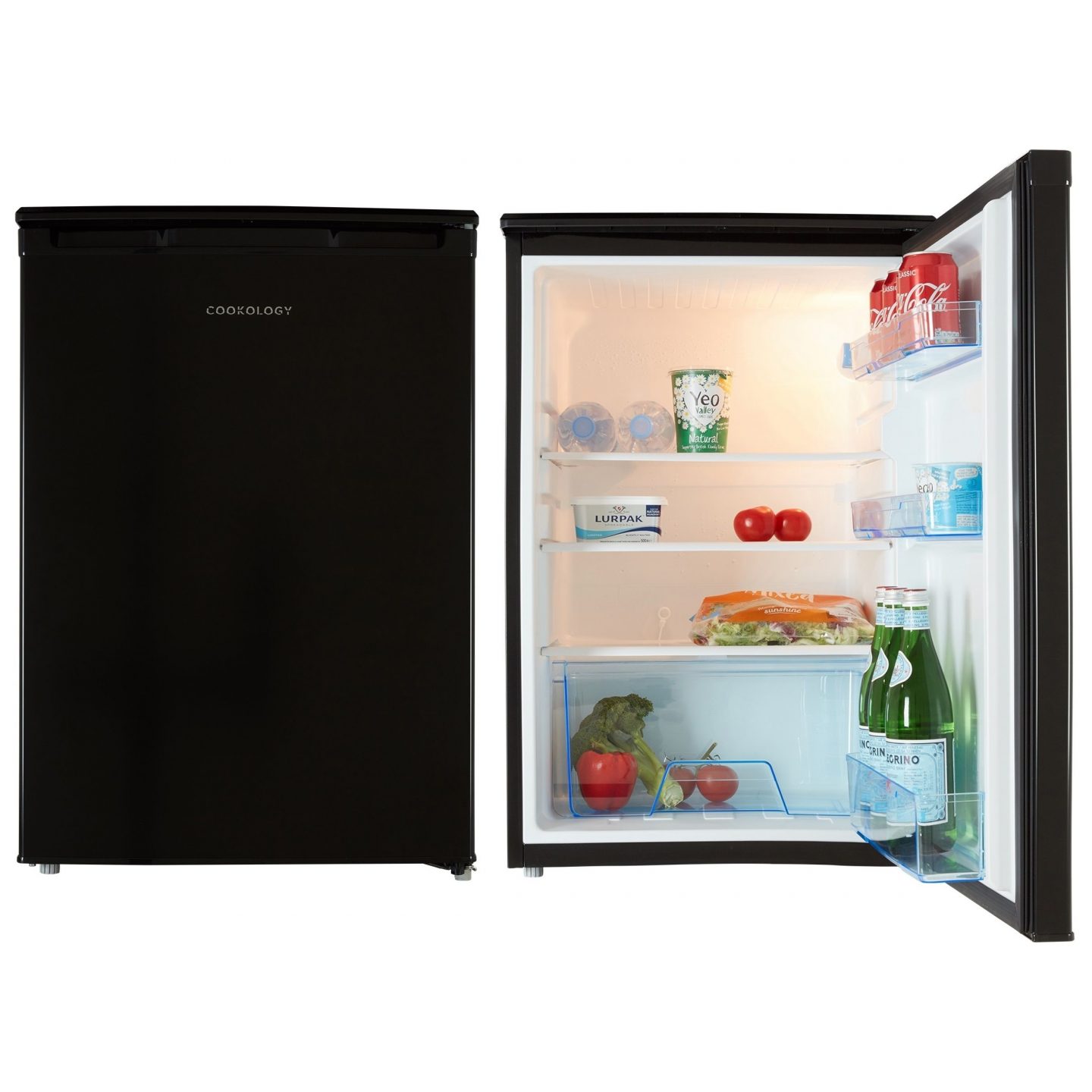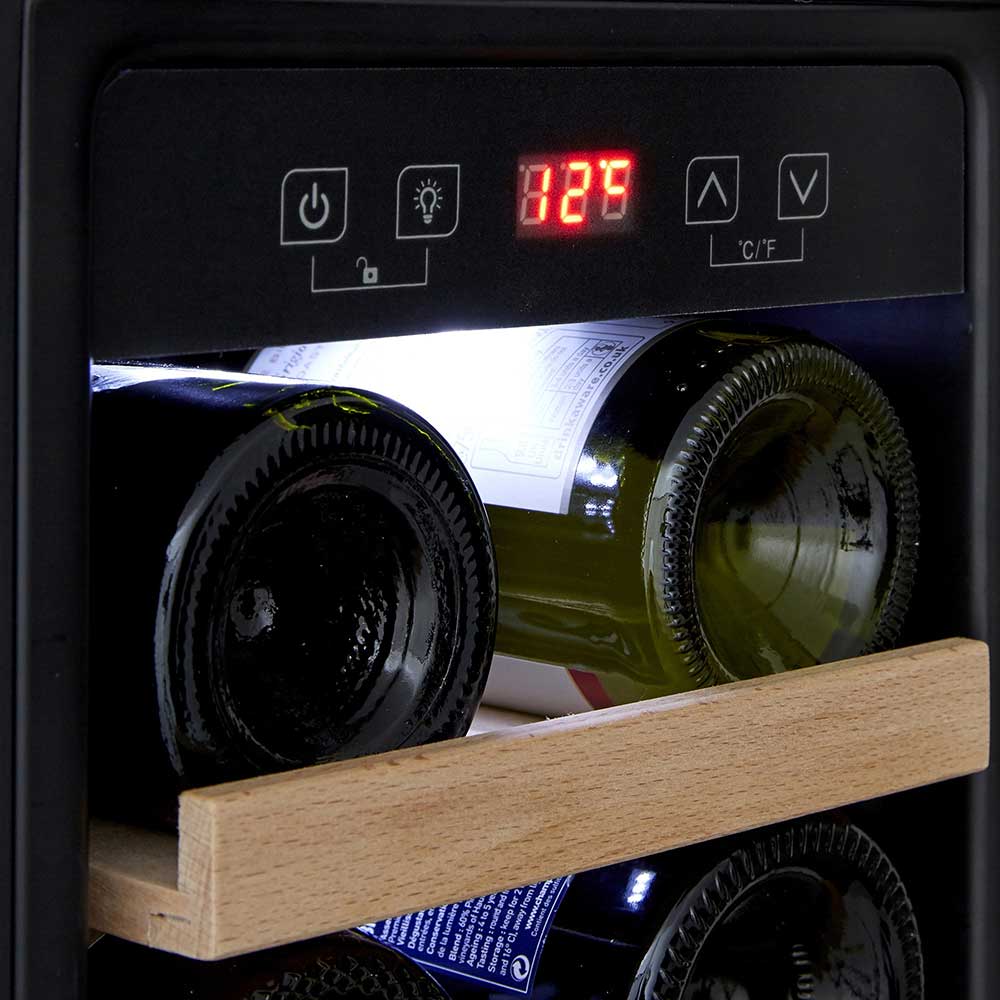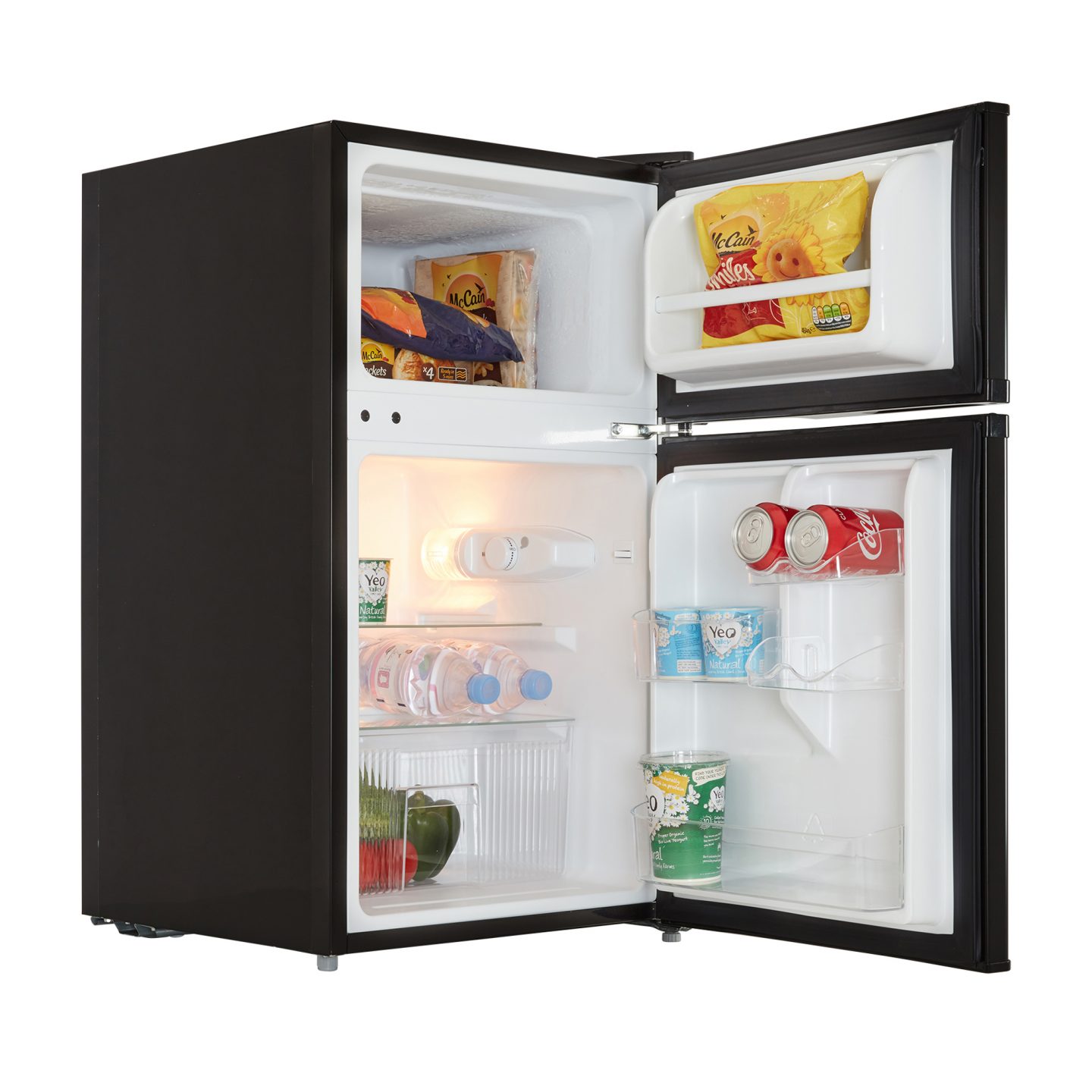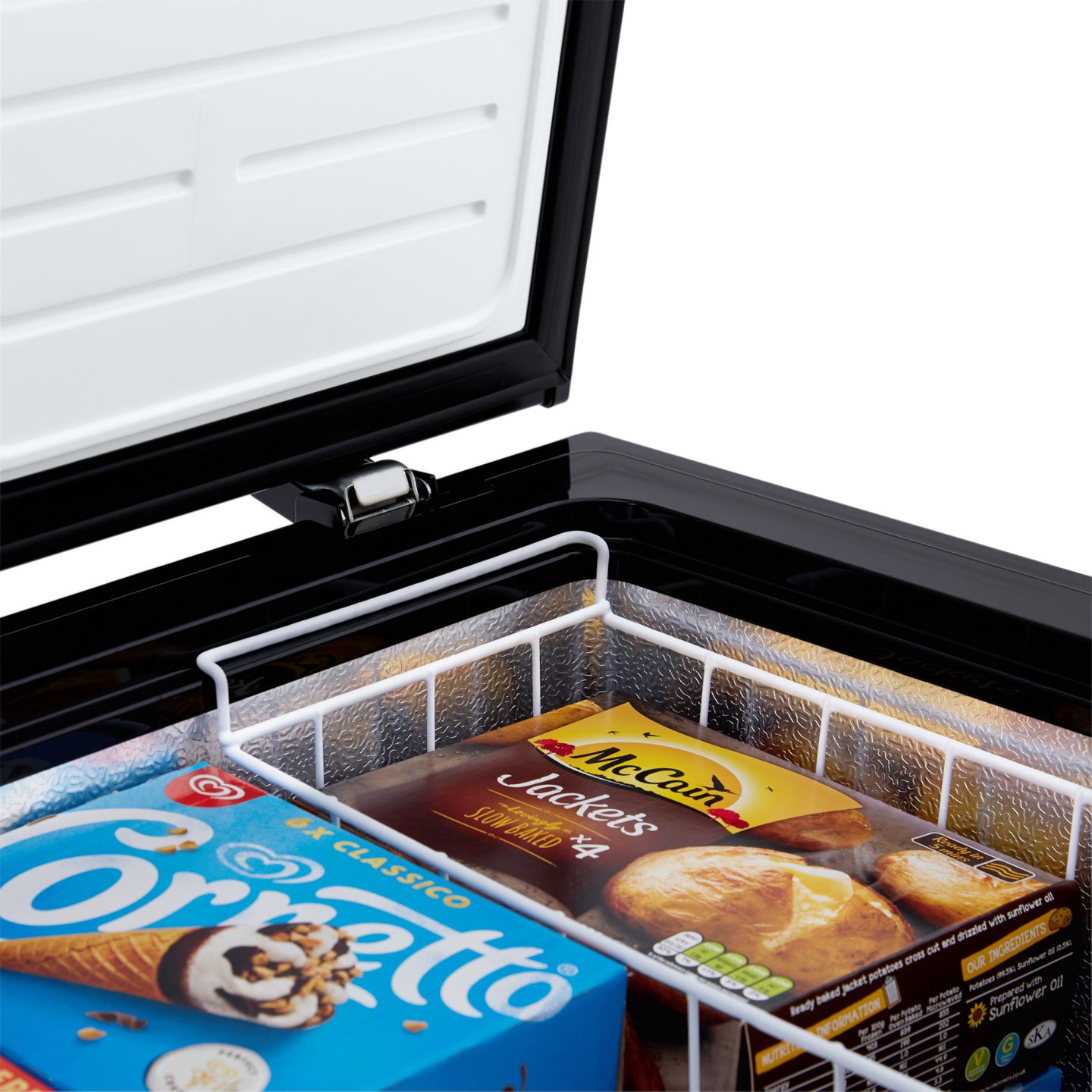Wondering how you can make your fridge freezer use less electricity? Perhaps you’re curious about maintenance: what’s required to keep your appliance in tip-top shape? We’re going to answer those questions right here, taking a deep dive into fridge freezer best practices and maintenance.
Yes, your choice of fridge freezer does matter. Some models are significantly more energy-efficient (and more robust) than others, so if you have an older, less-efficient model, you will find it harder to reduce your energy bills. But it is possible. It’s not just about the make and model of fridge freezer you have, but the way you use it.
Pay close attention to the following tips and you might just notice a drop in your electricity bill – and you’ll be prolonging the life of your fridge freezer too. Win-win.
How to make your fridge freezer more efficient
With energy prices higher than they’ve ever been, it’s vital to minimise your electricity usage where possible. Because fridge freezers run constantly, they’re one of the most electricity-hungry household appliances – but there are ways to keep that energy usage to a minimum.
Keep it full (but not too full)
Is it cheaper to run a fridge freezer full or empty? It’s one of the questions we most often see asked here at Cookology, and the answer’s simple: a fuller fridge freezer will always be more efficient than an empty one. This is because there’s more air to cool in an empty appliance, meaning it has to work harder and, consequently, consume more energy.
Despite what we just said, it is possible to overfill a fridge freezer too. Squeezing too much food inside could result in the appliance’s internal vents being blocked, preventing air from circulating around each compartment. Again, this forces it to work harder and use more electricity.
Want help choosing the right size appliance for your needs? Check out our fridge size guide.
Avoid leaving the door open unnecessarily
Every time you open the door of your fridge freezer, you’ll introduce warmer air, raising the appliance’s internal temperature. Leaving the door open for a few seconds while you grab a snack or ingredient won’t make much of a difference, but leaving it open for 30 seconds or more on a regular basis can have a noticeable impact on your bills, as the unit has to work overtime to keep your food fresh.
If you often find yourself rooting around in your fridge freezer, looking for that elusive bag or container that’s buried in an awkward spot, it’s worth setting some time aside to reorganise each shelf and drawer. Five minutes spent organising your fridge freezer will allow you to find what you’re looking for more quickly, reducing the amount of time you have to leave the door open – and reducing your bills too.
Adjust the temperature correctly
Reckon your fridge freezer is using more energy than it should? It might be because the temperature is set too low. The vast majority of fridge freezers have a dial that allows you to alter the temperature of each compartment, and setting this temperature too low will only make the appliance work harder than it needs to.
To be sure you’ve set the temperature correctly, grab a thermometer and pop it in each compartment. Your fridge compartment should ideally be between 3 and 5°C, while your freezer compartment needn’t be any colder than -18°C.
Don’t place warm food inside
Much like leaving the door open, placing warm food inside your fridge or freezer will make the appliance work harder, having a knock-on effect on your energy bill. If you’re batch cooking, don’t be tempted to place your leftovers straight into the fridge or freezer while they’re still hot; keep them covered up on the worktop for a while and allow them to reach room temperature first.
Place it away from heat sources
The placement of your fridge freezer is every bit as important as the way you use it. Placing it next to a heat source (be it a radiator, an oven or even a sunny window) will again make it work harder to maintain its target temperature. Make sure you leave some space at the rear of the unit for air to reach the condenser coils, too.
Fridge freezer maintenance tips
Now we’ve covered efficiency best practices, let’s take a closer look at maintenance. Maintaining your fridge freezer won’t just help it last longer, it could help you cut down your bills too.
Keep it clean inside and out
It’s a good idea to keep your fridge freezer clean not just from a hygiene standpoint, but to help prolong the life of the appliance too. Pay particular attention to the seals around the doors and the condenser coils on the rear; if they get clogged up with dust and dirt, they won’t work as efficiently.
Inspect the door seals regularly
Aside from cleaning the door seals regularly, you should also inspect them for any tears or imperfections. Any damage to these seals (no matter how small) could cause cold air to leak out of the unit and warm air to enter, impeding its efficiency and reducing its lifespan.
Remove frost
Although many modern freezers are frost-free, not all of them are – and if you have an older model that requires periodic defrosting, don’t be tempted to skip it. An excessive build-up of frost will not only have an impact on the freezer’s energy usage, but could cause premature failure.
Check out our range of fridges and freezers
If your current fridge freezer is past its best, why not check out our range? Packed with ingenious features and more affordable than you might think, Cookology fridge freezers come in a variety of shapes and sizes, making them perfect for kitchens large and small. Explore the complete range today.
